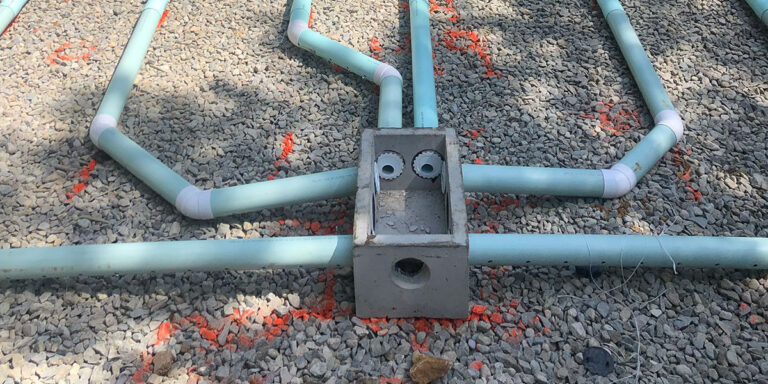What to Know When Buying a House with a Septic System
What to know when Buying a House with a Septic System
Buying a home is one of the most significant financial decisions you’ll make, and if the property comes with a septic system, there are some additional factors to consider. Unlike homes connected to municipal sewer systems, those with septic systems manage wastewater on-site. This can be an efficient and environmentally friendly option, but it requires understanding and proper maintenance. Here’s what you need to know before making the leap.
Understand How Septic Systems Work
A septic system is essentially an underground wastewater treatment structure. It consists of a septic tank and a drain field (or leach field). Wastewater from your home flows into the tank, where solids settle to the bottom, and oils and grease float to the top. The liquid effluent then moves to the drain field, where it’s filtered through the soil, naturally treating and dispersing the waste.
Types of Septic Systems
There are several types of septic systems, including:
- Conventional Systems: The most common type, featuring a tank and drain field.
- Alternative Systems: Often used when soil or site conditions are not suitable for conventional systems. These include mound systems, sand filters, and aerobic treatment units.
- Engineered Systems: Designed for more challenging locations, such as steep slopes or areas with high water tables.
Knowing which type you have is crucial for proper maintenance and understanding any limitations of the property. Don’t let the names mislead you, all septic systems must be designed by an engineer.
Septic System Inspection
Before purchasing a home with a septic system, it’s essential to have a thorough inspection performed by a qualified professional. A typical inspection will check:
- Tank Integrity: The condition of the tank, looking for cracks or leaks.
- System Age: The age of the system can indicate potential upcoming repairs or replacements.
- Drain Field Health: Ensuring the drain field is not clogged or failing, which can cause sewage backup.
- Maintenance History: Review records of pumping and repairs to assess how well the system has been maintained.
Maintenance Requirements
Septic systems need regular maintenance to function correctly. This typically includes:
- Pumping the Tank: Every 3 to 5 years, depending on the system size and household usage.
- Avoiding Harsh Chemicals: These can kill beneficial bacteria in the tank, disrupting the breakdown of solids.
- Water Conservation: Overloading the system with excessive water can lead to failure.
- Proper Waste Disposal: Only biodegradable items should go down the drain. Avoid flushing non-degradable items, fats, oils, and chemicals.
Cost of Maintenance and Repairs
Maintenance costs for a septic system are relatively low, typically ranging from $200 to $400 for routine pumping. However, repairs can be expensive, especially if the drain field needs to be replaced, which can cost thousands of dollars. It’s wise to set aside a budget for potential repairs or upgrades.
Legal and Environmental Considerations
Septic systems are regulated by local and state laws. Before purchasing, check for:
- Permits and Compliance: Ensure the system has all necessary permits and is compliant with local regulations.
- Size of the System: Confirm with the township or county authority that the size of the septic system matches that amount of bedrooms in the home.
- Environmental Restrictions: Some areas have restrictions on septic systems due to environmental concerns, such as proximity to water bodies.
Pros and Cons of Septic Systems
Pros:
- Lower Utility Costs: No monthly sewer bill.
- Eco-Friendly: Properly maintained systems can be environmentally friendly, recycling wastewater naturally.
- Independence from Municipal Systems: Ideal for rural areas or properties without access to public sewer systems.
Cons:
- Maintenance Responsibility: Homeowners are solely responsible for maintenance and repairs.
- Potential for Failure: A poorly maintained system can fail, leading to costly repairs and environmental hazards.
- Property Limitations: Restrictions on landscaping, building, or expanding the property over the drain field area.
- Final Thoughts
Buying a home with a septic system shouldn’t be a dealbreaker, but it does require additional due diligence. Understanding how the system works, its maintenance needs, and potential costs will help you make an informed decision. Always work with a knowledgeable real estate agent and hire a qualified inspector to ensure the system is in good condition before you finalize the purchase.
By educating yourself on these key aspects, you can confidently buy a home with a septic system and ensure its longevity and functionality for years to come.

